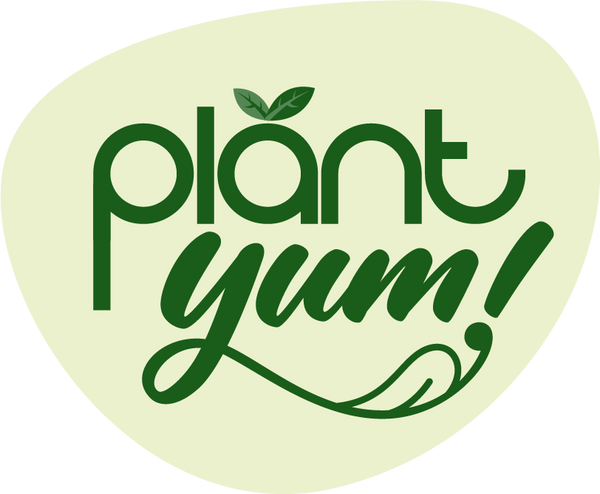
Vitamin B12: Why It’s Essential and How to Get It on a Plant-Based Diet
Share
Vitamin B12 is a key nutrient that keeps your nerves, blood cells, and energy levels healthy. It also helps prevent anemia and supports brain function.
Unlike vitamin D, your body cannot make B12, and plant foods do not naturally contain it. This is why vitamin B12 deficiency is common in India, especially among vegetarians and people on a plant-based diet.
Why B12 Deficiency is a Big Concern
Vitamin B12 is an essential nutrient that our body cannot produce on its own. Interestingly, it is not made by animals or plants — it is produced only by specific types of bacteria. In the past, humans could get small amounts of B12 from naturally grown food or untreated water, but that’s no longer the case.
With our modern obsession with hygiene, we’ve eliminated not just harmful bacteria but also the helpful ones that used to provide trace amounts of B12. Constant use of sanitizers, soaps, detergents, floor cleaners, and even excessive washing of vegetables strips away any natural exposure we once had. On top of that, frequent exposure to alcohol, microwaved food, and electromagnetic radiation from phones and towers is believed to reduce the body’s ability to absorb and retain B12.
Although fermented foods or fortified products may provide minimal amounts, they usually aren't enough to meet the body’s long-term needs. Since every single cell relies on B12 — from energy production to nervous system function — maintaining healthy levels is vital. Supplementing regularly (not just occasionally) helps prevent the ups and downs that come with deficiency.
While animal products may contain some B12, they also increase acidity in the body, which ironically hampers B12 absorption. That’s why both vegetarians and non-vegetarians can suffer from deficiency.
In short, B12 deficiency is less about diet alone and more about how our modern environment has removed us from natural bacterial sources. Monitoring your levels and taking a good-quality supplement is the most reliable way to stay balanced.
Some people may not show symptoms until their B12 levels are very low, which is why annual testing is very important.
Here are some common symptoms of Vitamin B12 deficiency:
- Fatigue or weakness (even after good rest)
- Tingling or numbness in hands and feet
- Poor memory or brain fog
- Mood changes, irritability, or depression
- Pale or yellowish skin
- Mouth ulcers or a swollen, smooth tongue
- Dizziness or feeling light-headed
- Heart palpitations
- Shortness of breath
- Vision problems (in severe cases)
If these symptoms are present, it’s a good idea to get your B12 levels checked and start supplementation if needed.
🌱 How to Get Vitamin B12 on a Plant-Based Diet
1. Fortified Foods
- Some plant milks, nutritional yeast, breakfast cereals, and soy products in India are now fortified with vitamin B12.
- Always check the label to be sure.
2. Supplements
- No matter the lifestyle - vegan, vegetarian, non vegetarian, vitamin B12 supplements are essential.
- Always test your B12 levels before starting supplements. Your doctor or nutritionist can recommend the right type and dosage for you.
- Vitamin B12 can be taken as tablets, sprays, or under-the-tongue supplements.
✔️ Key Takeaway:
Test your B12 levels regularly — deficiency can be silent at first. Fortified foods and proper supplements are necessary. Always work with a doctor or nutritionist to maintain healthy B12 levels.
For detailed personalised guidance on supplementation or diet plans, book a consultation with our founder and nutritionist Shalu Nijhawan here.
